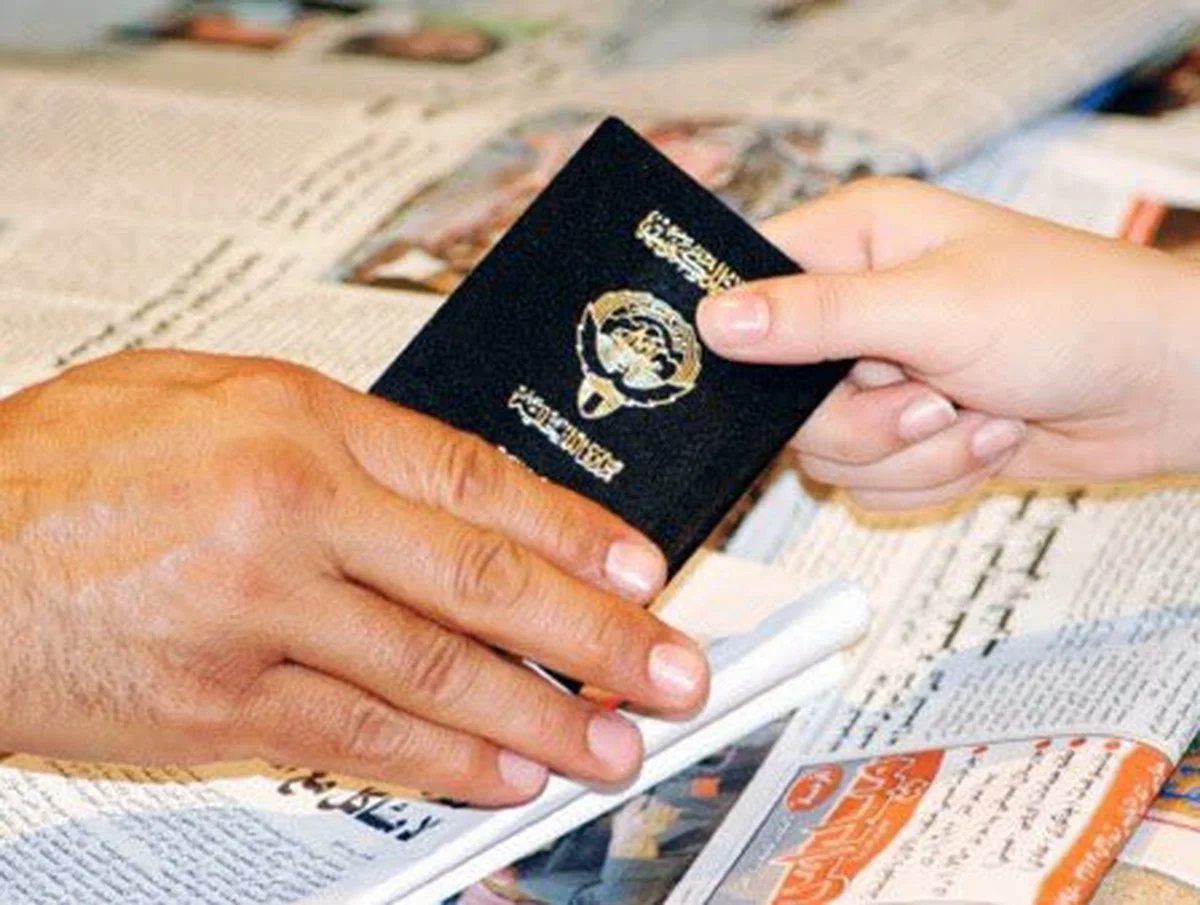30/11/2024
30/11/2024

KUWAIT CITY, Nov 30: In an unprecedented move, the Supreme Committee for Nationality Investigation, led by Acting Prime Minister, Minister of Defense, and Minister of Interior Sheikh Fahd Al-Yousef, decided to revoke and nullify the Kuwaiti citizenship of 1,758 individuals. The decision, reached during a meeting last Thursday, is now awaiting presentation to the Council of Ministers.
Government sources revealed that among those affected is the half-brother of a former Member of Parliament (MP), who was granted Kuwaiti citizenship at the age of 21 under the clause of “noble deeds.” The sources questioned what significant accomplishments could justify such a grant at that age, suggesting the citizenship was acquired through a political deal during a parliamentary interrogation in exchange for the former MP’s stance.
The decrees detailing the revocations will be published soon in the Official Gazette (Kuwait Today).
Sheikh Fahd Al-Yousef announced that individuals whose citizenship was revoked under Article 8 of the Nationality Law—including wives, divorcees, and widows residing in Kuwait—will continue in their current jobs and receive the same salaries. Retirees in this category will retain their retirement benefits.
Sources also disclosed that the General Administration of Nationality, Passports, and Travel Documents is preparing a second set of decrees affecting nearly 1,000 individuals. This group primarily includes wives, divorcees, and widows who obtained Kuwaiti citizenship through fraudulent means, such as forgery or providing false information.
It was found that many of these individuals were granted citizenship via technical memorandums that lacked the necessary Amiri decrees. This procedural oversight resulted in administrative decisions rather than formal citizenship grants.
The Nationality Department recently circulated a list of 1,158 individuals whose citizenships were revoked by Amiri decrees. This list has been distributed to 44 government agencies and the Central Agency for Illegal Residents to halt official transactions and banking activities involving these individuals.
For individuals wishing to file grievances, the Nationality Department has outlined specific requirements. Applicants must submit their identification documents, including their revoked Kuwaiti nationality certificate, passport, and civil ID. Personal attendance at the department’s headquarters is mandatory.
Once the required documents are verified, the legal department issues a grievance letter. The applicant is then referred to the Central Agency, which provides a one-year identity card to facilitate their transactions. A dedicated section within the agency has been established to handle these cases.
Individuals whose Kuwaiti citizenship has been revoked—whether for reasons of forgery or administrative errors—will revert to their prior nationality. This includes those who were illegal residents before gaining Kuwaiti citizenship. Their files will return to the Central Agency, which will issue new identification documents accordingly.
This sweeping action marks a significant chapter in Kuwait’s efforts to address irregularities in citizenship grants, reinforcing the importance of adhering to legal and procedural standards.


